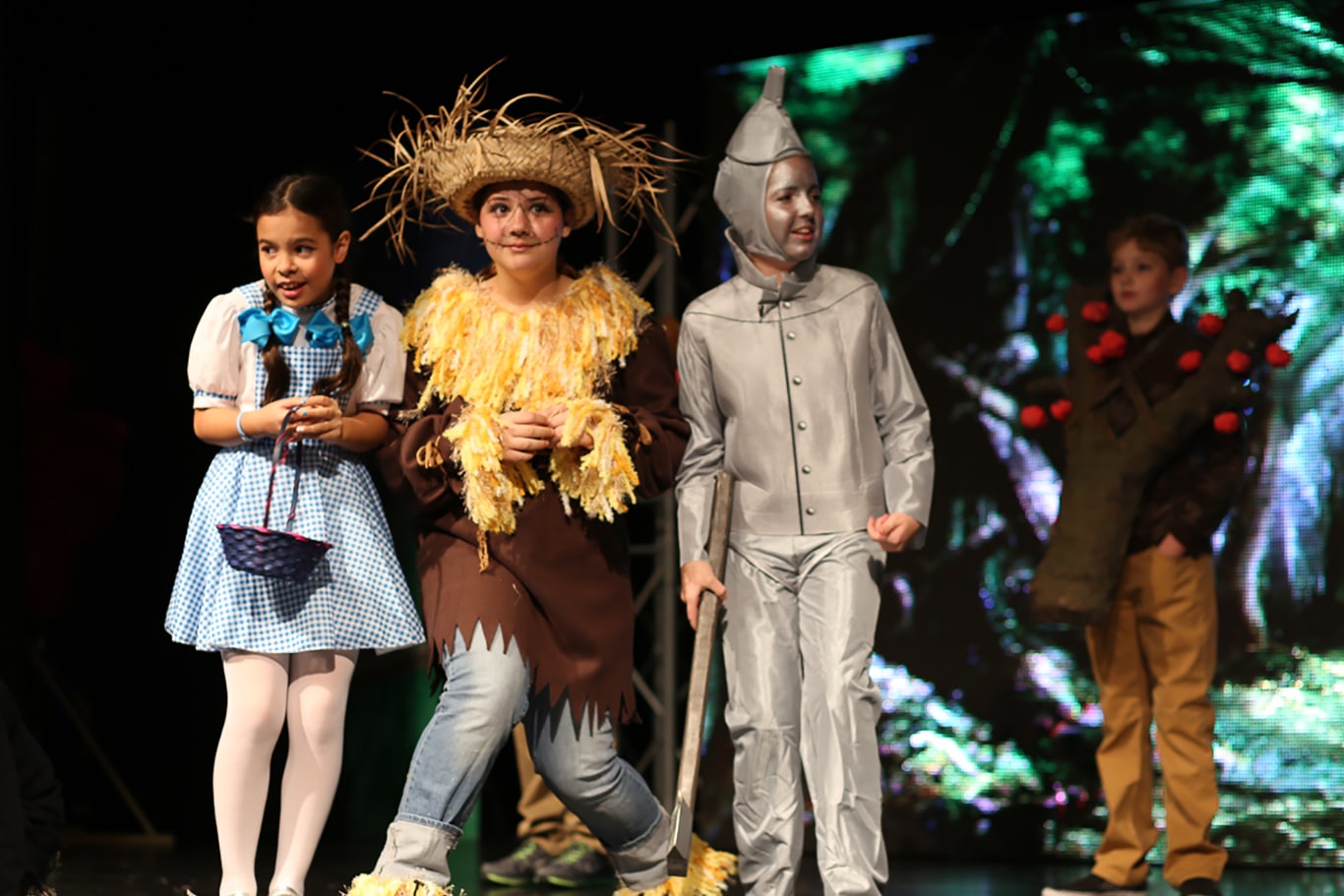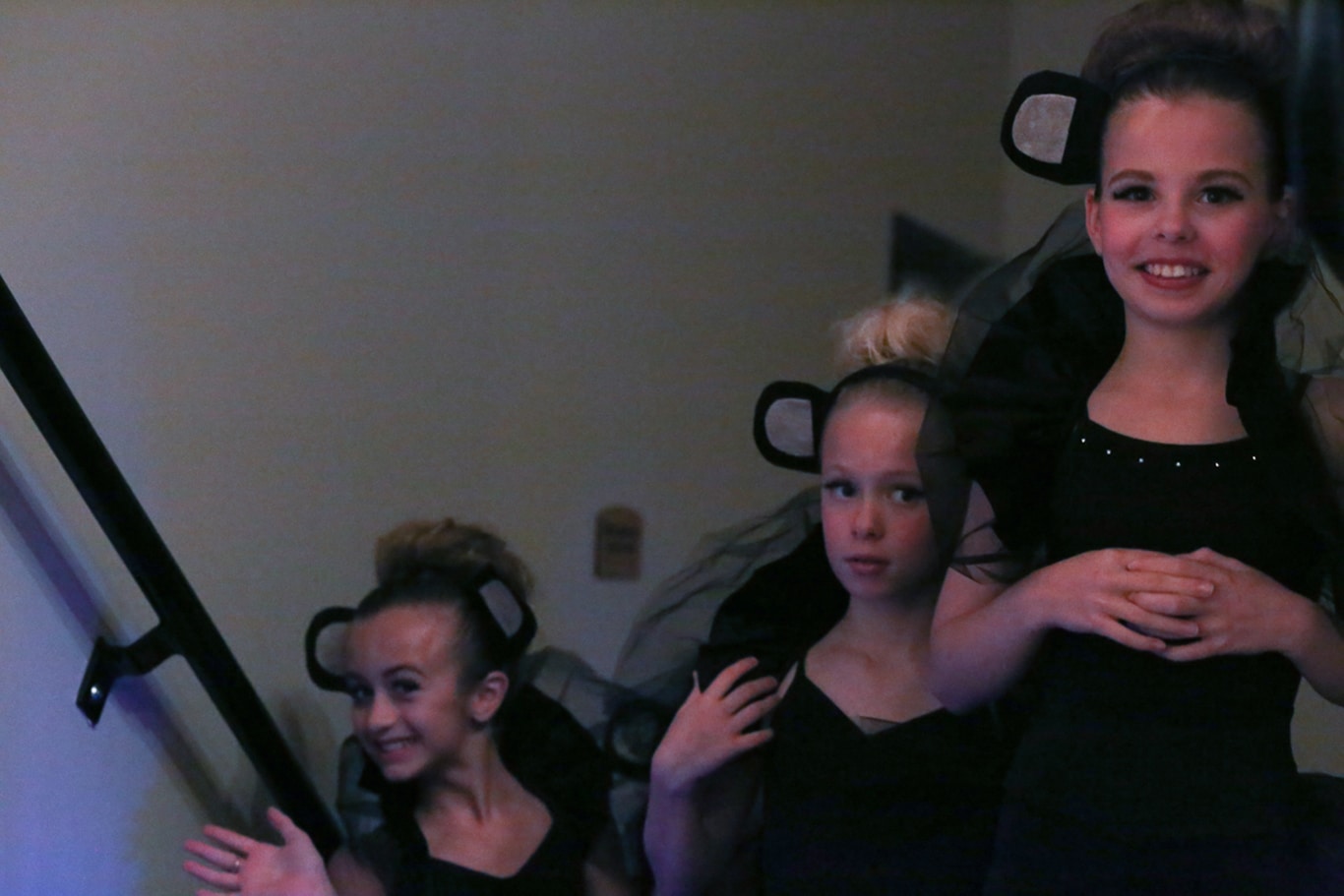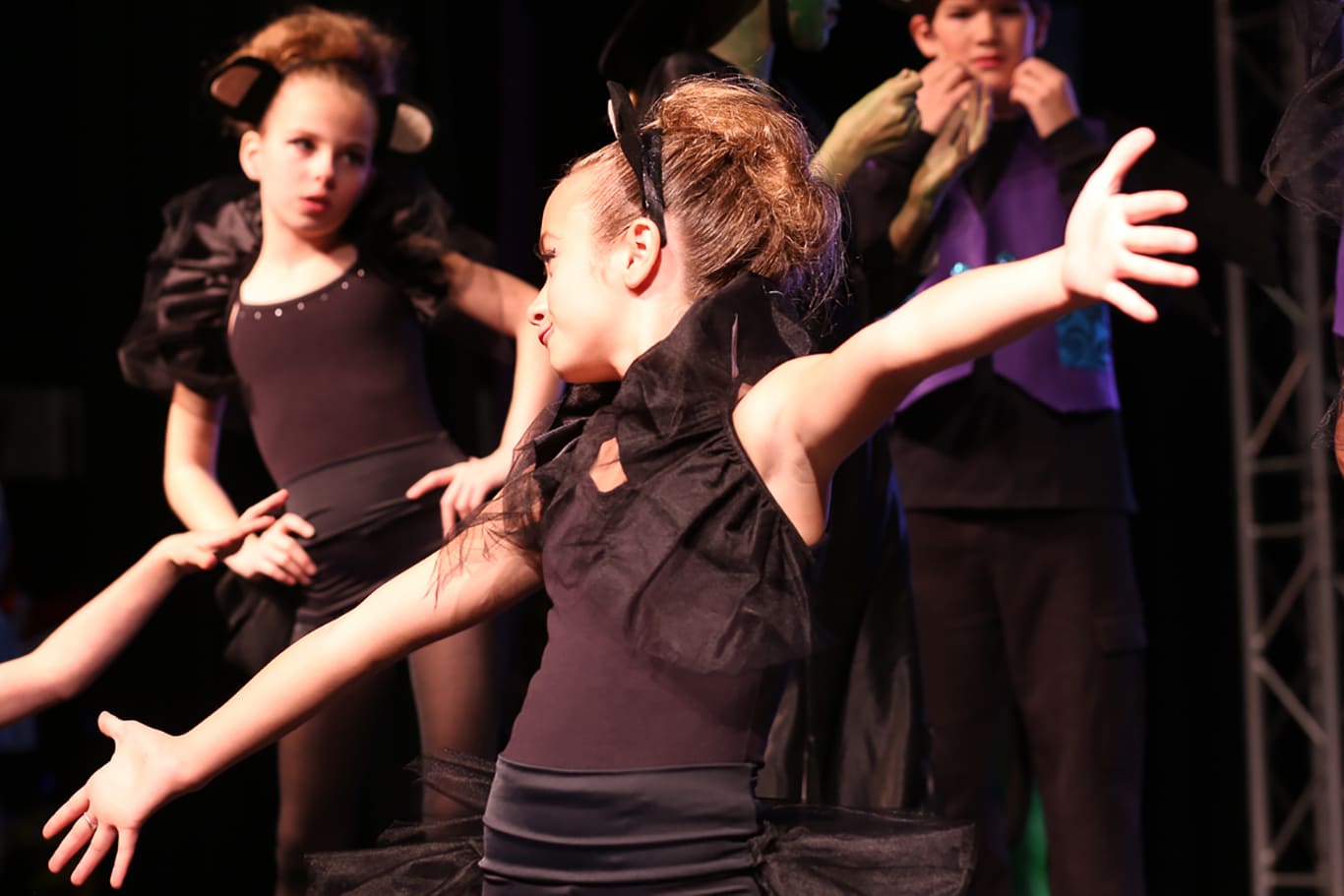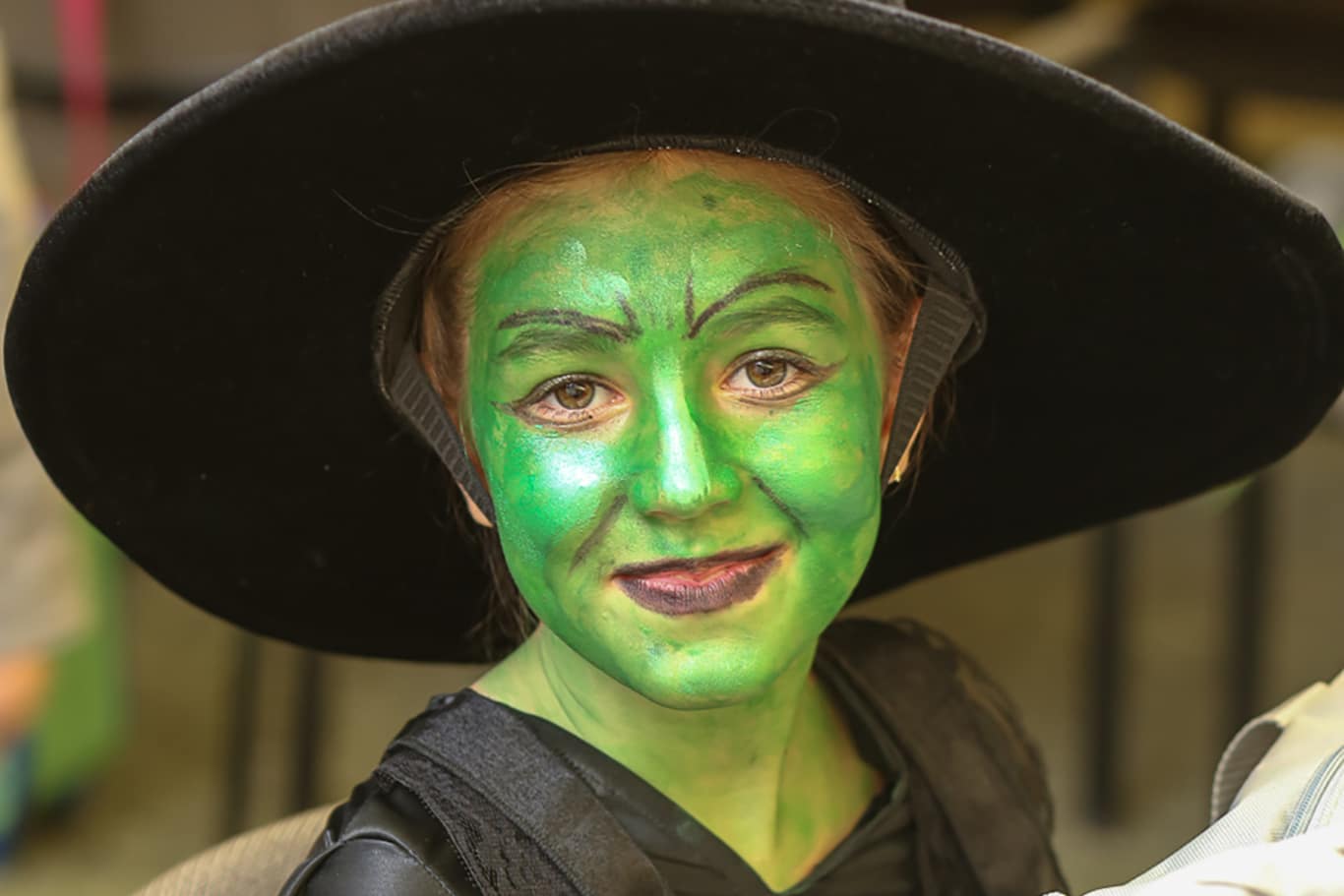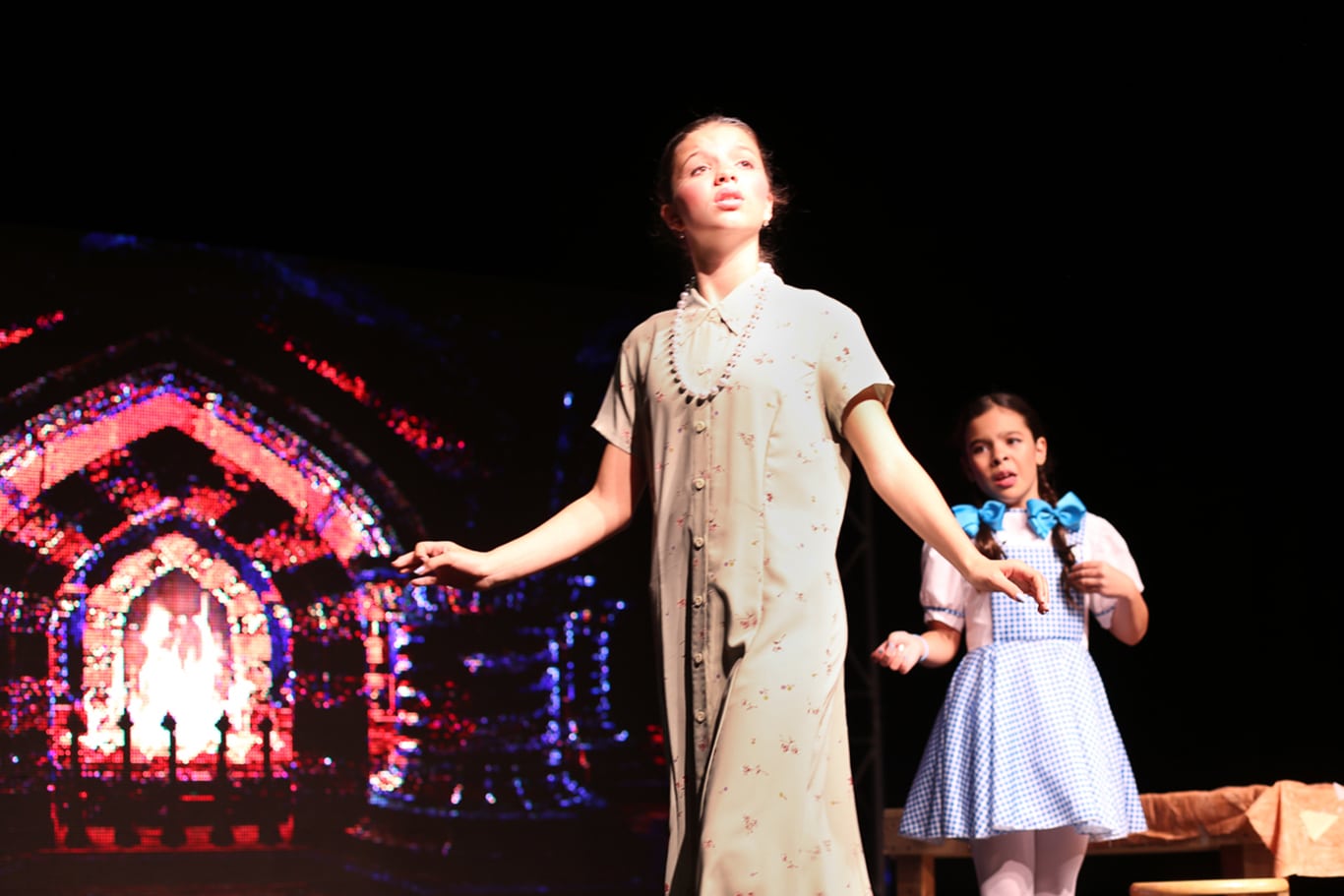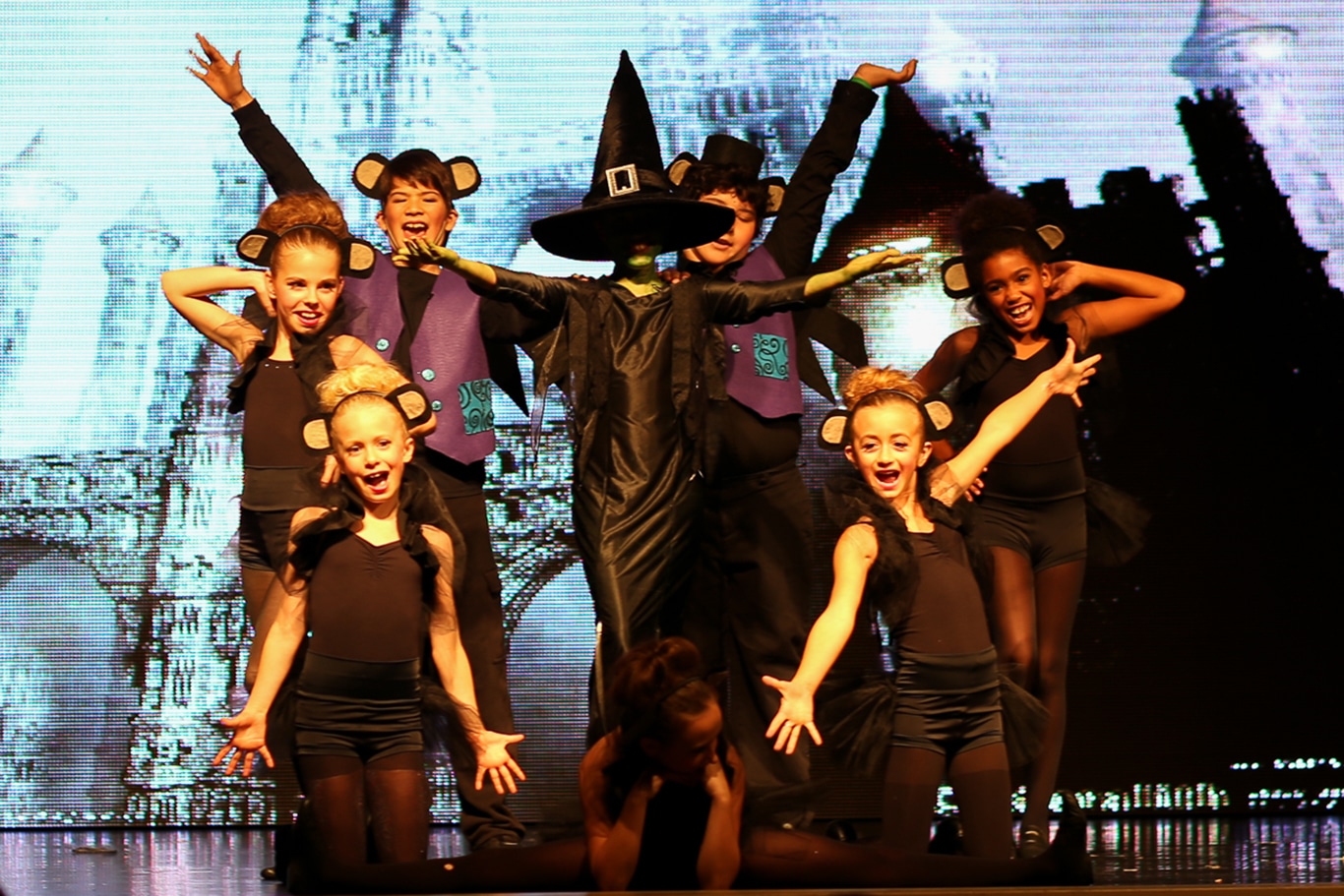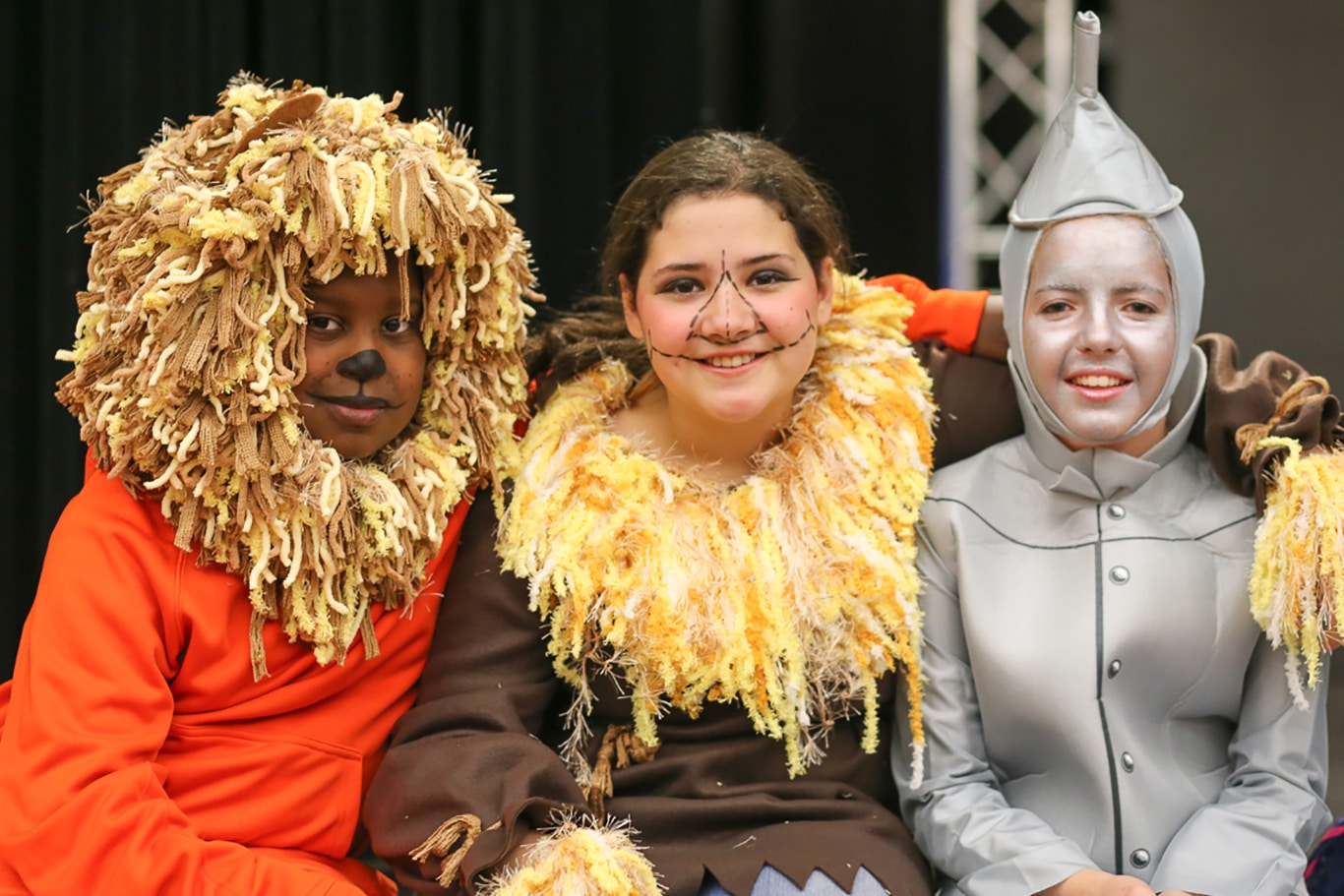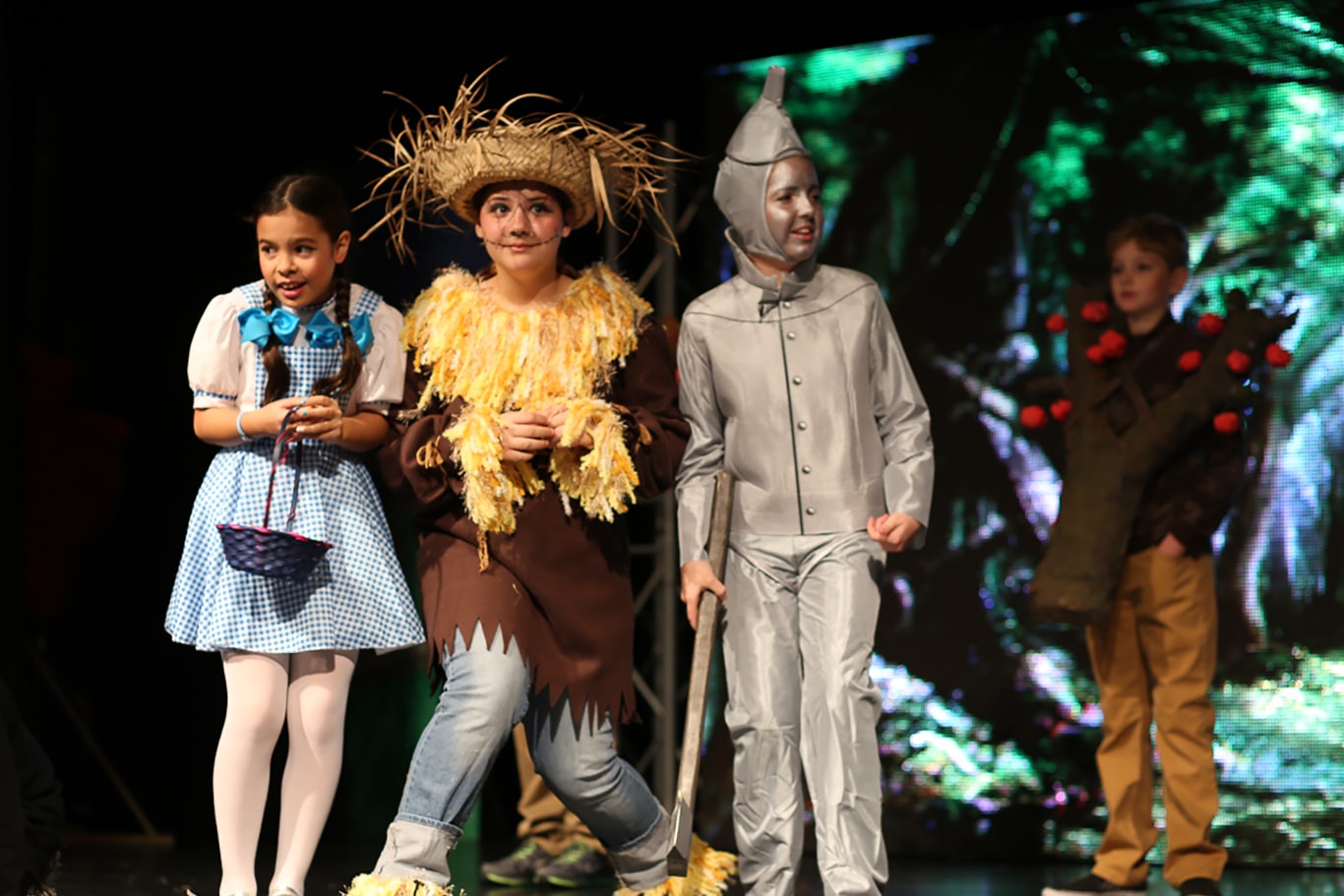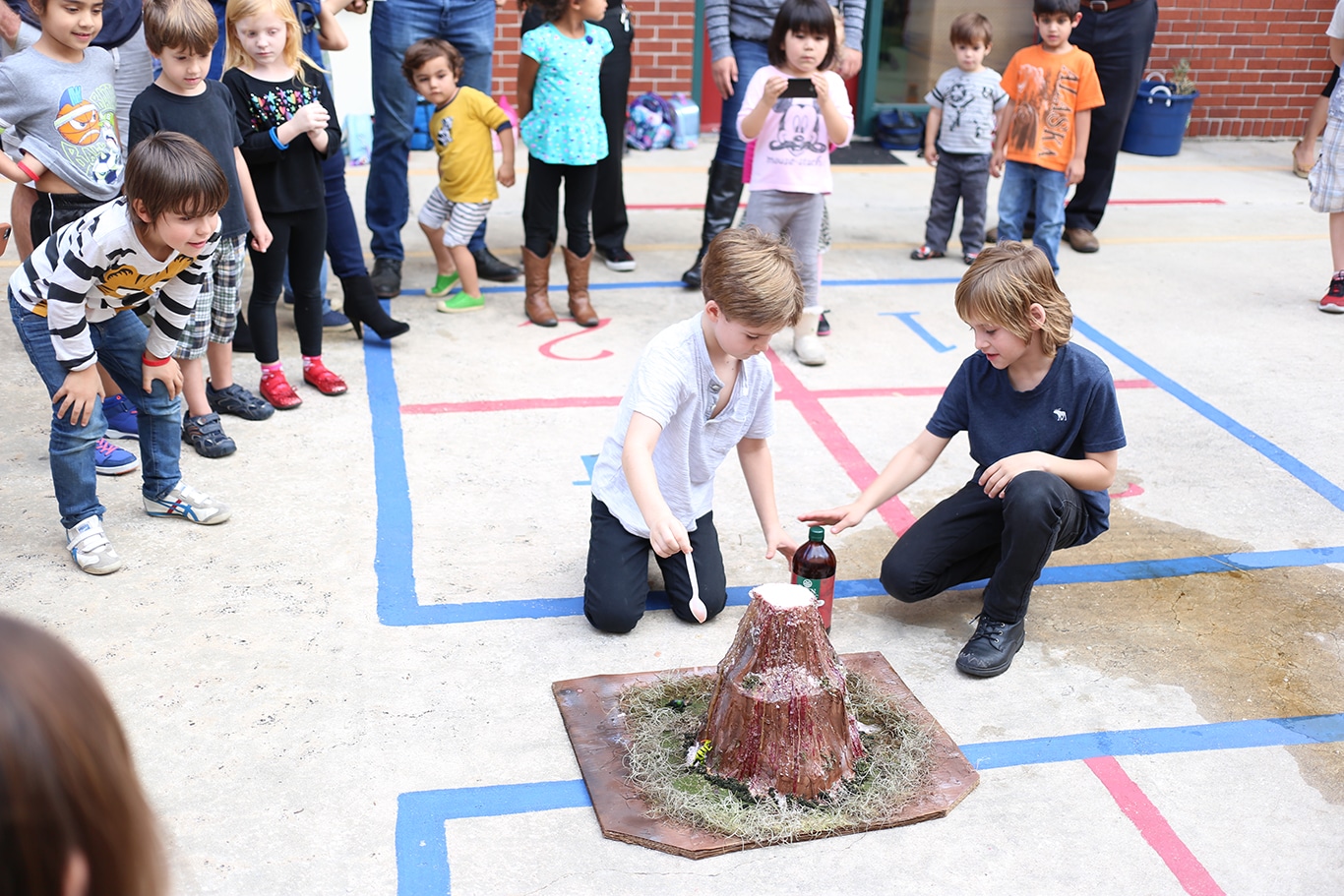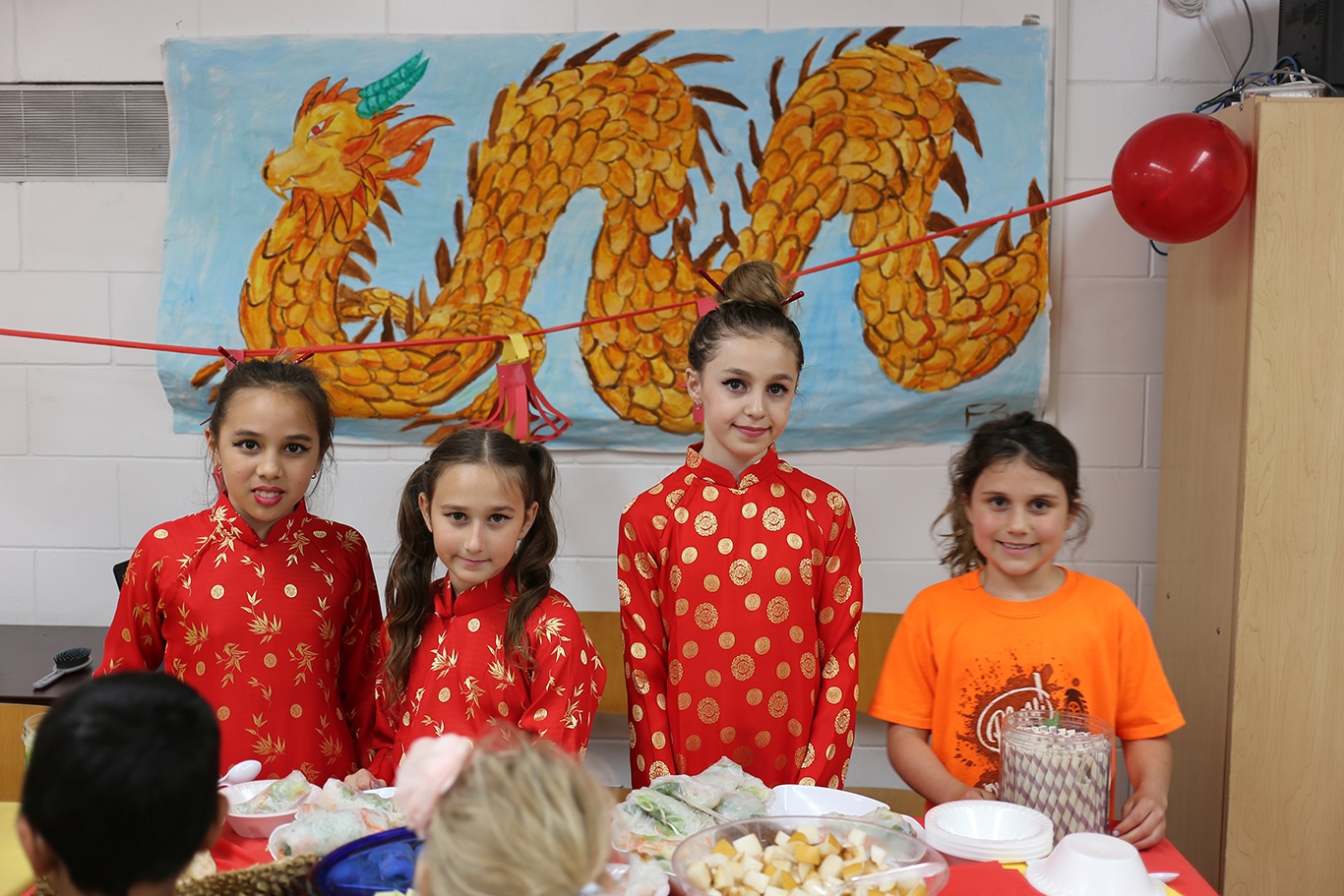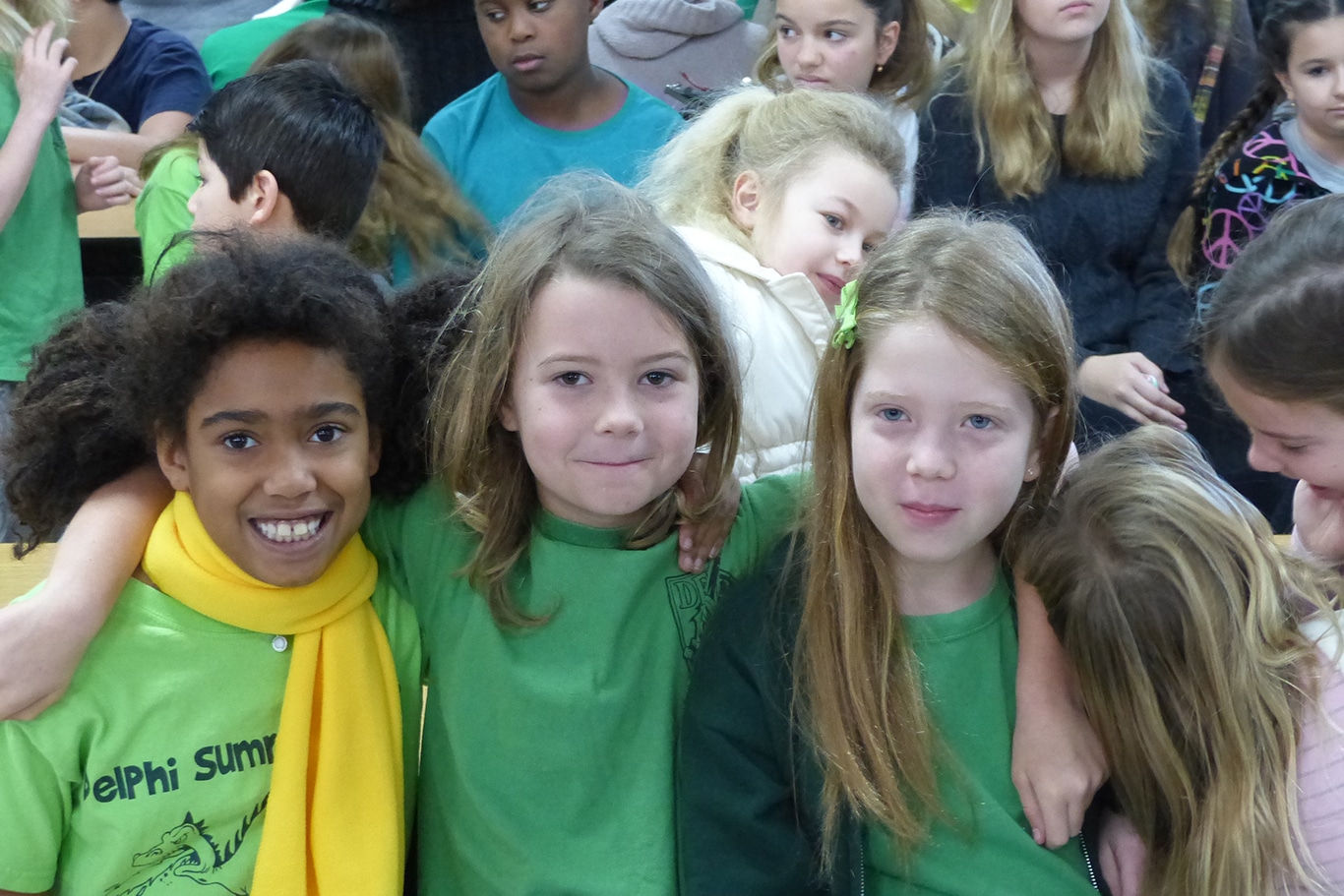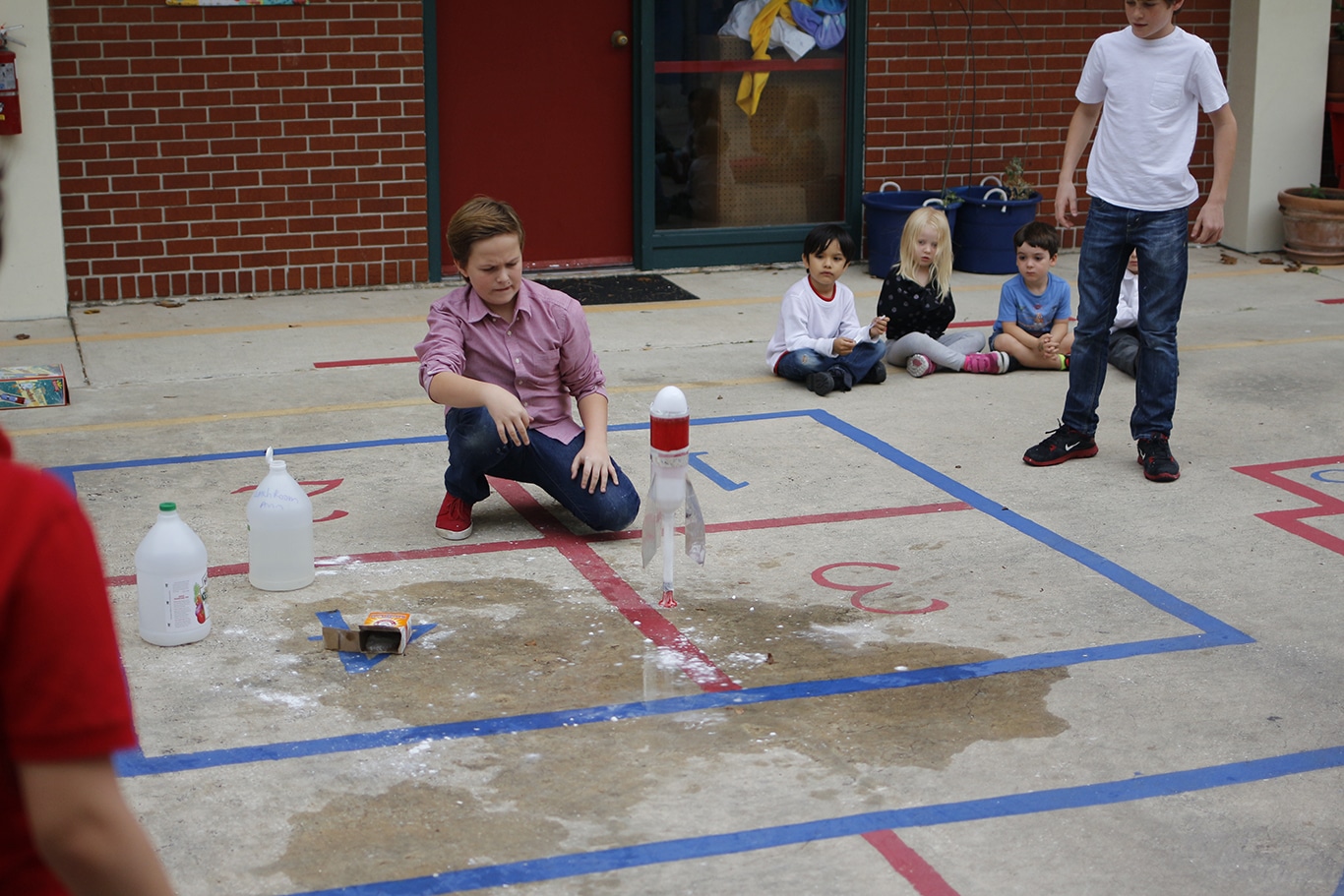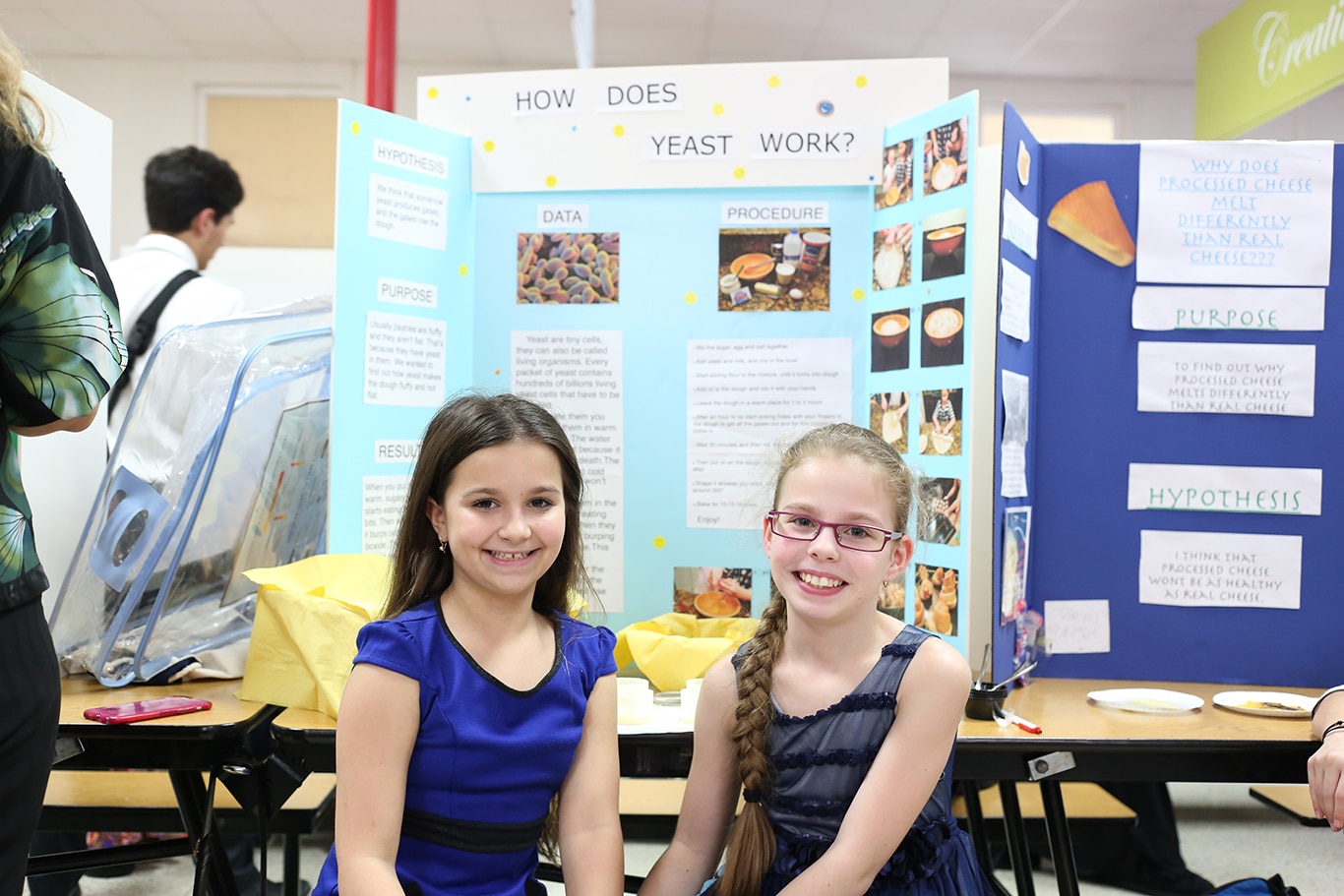Elementary School is generally entered at about eight years of age and is completed by eleven or twelve years of age. It includes Form 3 and Form 4 which together encompass 4th, 5th and 6th grade.
During their Elementary School years, students develop educational skills and habits that will stay with them for life. It is also during this early period that their educational foundation in reading, writing and mathematics is made firm. Our Elementary School curriculum focuses on these basics, while immersing the student in physical and social sciences, foreign language and the arts.
Hands-On Learning
Students spend roughly half their day involved in hands-on projects or practical activities. STEAM (Science, Technology, Engineering, Art & Mathematics) classes nurture critical thinking, innovation and creativity. Every day you’ll find students happily working on projects in the science lab, woodshop, art room or around the campus. Regularly scheduled field trips give students opportunities to observe or interact with the world outside Delphi. Typical trips might include one of the many Bay Area museums, Enterprise Village, The Victory Ship, and more!
One of the best things about our approach is that we make learning fun! As a result, our students not only excel in school but they become lifelong learners. In today’s rapidly changing world, this is one of the most important gifts we can give them
Mastery of the Basics
Reading: In our literature-based reading program, students read a great variety of subject matter that lays the foundation for later study of subjects such as history and science. Books are balanced among fiction, historical fiction, autobiographies, biographies and nonfiction selections. Students read about 100 – 200 books on each Form.
Writing: Students write several thousand words of composition, poetry and short stories. To develop comfort and versatility with languages, students begin to make oral presentations in front of a group.
Study Skills: Stress is on recognizing the barriers encountered in study and having students become better and better at handling those barriers on their own. Students can independently use an appropriate-level dictionary to understand words, getting help when needed.
Research: The techniques of research and observation provide students with basic tools by which any subject can be more easily and effectively learned.
Mathematics: In mathematics, new concepts are introduced in seminar-style classes, including more advanced measurements and conversions, multiplying fractions and decimals, pre-algebraic formulas, basic geometric calculations, “consumer mathematics” (discounts and interest rates), ratios and percentages. Daily drilling on instant response to basic arithmetic calculations continues through Math Facts on the Computer (MFC), a self-run computerized program designed to achieve ever-increasing levels of instant response. Students become adept at rapid calculations through 12’s and at reducing fractions.
Science & Technology: Fundamental principles of the life science and technical sciences are covered and students are introduced to laboratory usage, including use of microscopes. Students learn basic coding and computer skills.
Geography & History: Using political maps, resource maps, contour maps and population density maps, and by drawing out a comprehensive world map, students become familiar with the continents and their major physical features. Current events and world figures are explored, as well as famous events and persons in history.
Life Skills, Ethics & Integrity: Emphasis is placed on responsible behavior at school and in their own lives. Communication skills are further addressed as well as social skills, morals, responsibility, health, and safety.
The Arts
Fine arts, pottery and crafts are offered throughout the year. Students create a wide variety of artistic pieces which are frequently displayed in our reception area. In the fully equipped woodshop, students learn how to safely use the scroll saw, drill press, rotary tools and electric sander to create their own bookshelves, furniture, board games, etc. Students may choose to take dance, music, theater or other special art forms offered as electives.
All students participate in the annual Holiday Show and may choose to participate in the Spring Musical as well.
Athletics
Emphasis in athletics is on discipline, team spirit, good sportsmanship, fitness and fun. Other activities such as ice skating, swimming, canoeing, and bowling vary seasonally but are typically offered to all different age groups some time during the school year or summer camp. Students participate daily in some form of physical exercise and games.
Forms vs Grades
Delphi utilizes the concept of “Forms” rather than grade levels as a way of getting excellent results without forcing all students to move at exactly the same pace. We realize each student is an individual with unique talents, abilities and interests, and needs to be addressed as such in his or her education. Thus every Delphi student has an individualized program which includes required courses, practical activities & projects as well as areas of personal interest.
A student completes a Form upon accomplishing the requirements for graduation from that Form. Though forms can be roughly equivalent to grade levels, it is possible for a younger student to move on to a higher Form once all requirements for the earlier Forms have been met. In this way, each student can get the full benefits from the curriculum and keep advancing as rapidly as he or she is able.
Elementary School is generally entered at about eight years of age and is completed by eleven or twelve years of age. It includes Form 3 and Form 4 which together encompass 4th, 5th and 6th grade.
Elementary School Photos
Back


